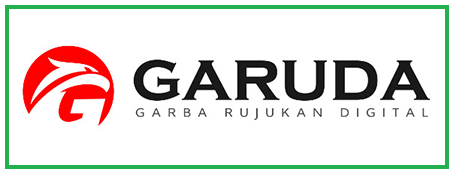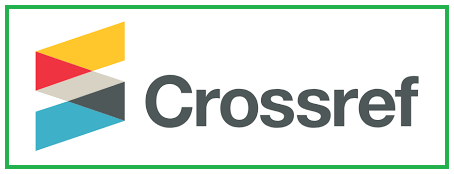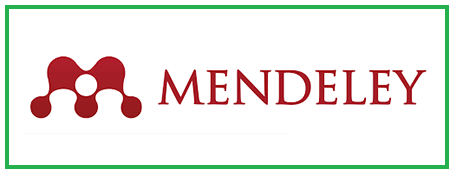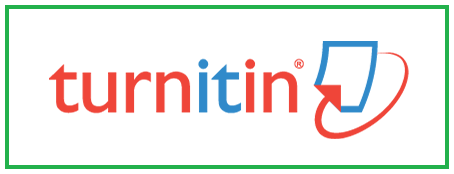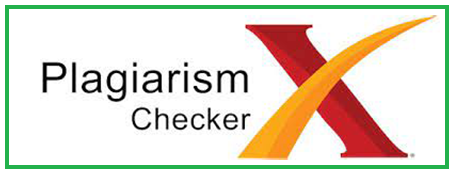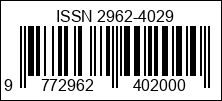PEMBERDAYAAN MASYARAKAT DALAM KEPEMILIKAN JAMBAN KELUARGA DI DESA TALANG BOSENG WILAYAH PUSKESMAS SIDODADI KECAMATAN PONDOK KELAPA KABUPATEN BENGKULU TENGAH
Keywords:
Empowerment, Society, ODFAbstract
Efforts to improve hygiene behavior and increase access to sanitation continue to be developed. One of the applications of the Community Led Total Sanitation (CLTS) concept, CLTS is a concept with a promotion approach by facilitating the community to apply good environmental sanitation with a focus on not defecating in the open. Based on the 2019 annual report Health Center, the incidence of diarrhea ranks second in environmental-based diseases with 111 cases. The high prevalence of diarrhea is partly due to the lack of access to clean water, as much as 27.4% of clean water facilities/dug wells do not meet the requirements. As many as 35% of households still defecate in the open. The process of implementing community service activities in the framework of open defecation-free villages in Talang Boseng Village Working Area of the Sidodadi Health Center, Pondok Kelapa District, Central Bengkulu Regency, namely using a combination of triggering and providing stimulants for the construction of family latrines carried out by the Community Service Team from the Bengkulu Ministry of Health Polytechnic, Sidodadi Health Center, Sidodadi Village Officials, and the Sidodadi community who do not yet have or who have latrines that do not meet health requirements.
Downloads
References
Depkes RI. (2008). Keputusan Menteri Kesehatan Republik Indonesia Nomor : 852/MENKES/SK/IX/2008 Tentang Strategi Nasional Sanitasi Total Berbasis Masyarakat. Jakarta.
_________. (2009). Seri Perilaku Hisup Bersih Dan Sehat Di Rumah Tangga.
Depkes RI Pusat Promosi Kesehatan
_________. 2011. Buku Saku Petugas Kesehatan Lintas Diare. Jakarta: Direktorat
Jendral Pengendalian Penyakit dan Penyehatan Lingkungan.
_________.(2011). Panduan Sosialisasi Tatalaksana Diare Balita. Jakarta :Direktorat Jendral Pengendalian Penyakit dan Penyehatan Lingkungan.
_________. (2014). Peraturan Menteri Kesehatan RI Nomor 3 Tahun 2014 Tentang Sanitasi Total Berbasis Masyarakat. Jakarta.
Puskesmas Sidodadi. (2019). Laporan Tahunan Puskesmas Sidodadi Tahun 2019.
Kemenkes. Road Map Percepatan Program STBM 2013-2015. Direktorat Jenderal Pengendalian Penyakit dan Penyehatan Lingkungan; 2013.
WSP. Economic Impact of Sanitation in Indonesia. Indonesia: The World Bank; 2008.
Sah S, Negussie A. Community led total sanitation (CLTS): Addressing the challenges of scale and sustainability in rural Africa. Desalination. Elsevier B.V.; 2009.
Kemenkes RI. Kurikulum dan Modul Pelatihan STBM bagi Dosen Jurusan Kesehatan Lingkungan Politeknik Kesehatan di Indonesia. Direktorat Jenderal Pengendalian Penyakit dan Penyehatan Lingkungan; 2013.
Kasjono, H. S., Pujiyati, N. E., & Widyantoro, W. (2017). Model Pemberdayaan Masyarakat dalam Melaksanakan 5 Pilar STBM di Sorowajan Bantul. Jurnal Pengabdian Kepada Masyarakat, 1 (2).
Downloads
Published
How to Cite
Issue
Section
License
Copyright (c) 2022 DEVOTE: Jurnal Pengabdian Masyarakat Global

This work is licensed under a Creative Commons Attribution-NonCommercial-ShareAlike 4.0 International License.





